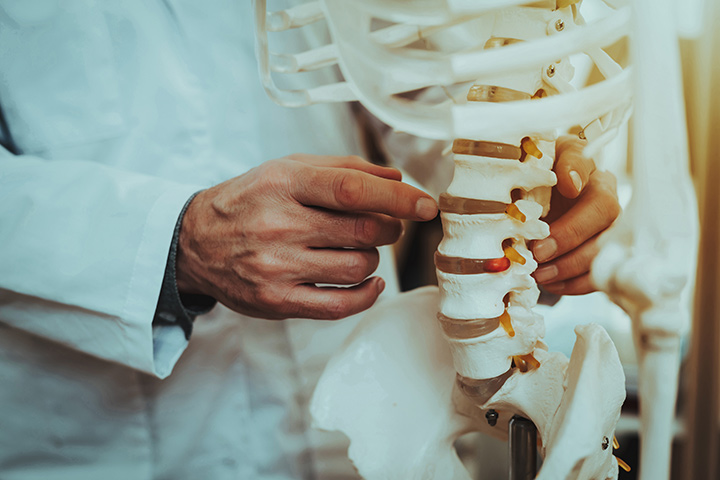
The skeletal system is responsible for supporting the body, protecting the internal organs, and facilitating movement. The bones are the strongest and lightest natural materials in the body. They are rigid and resistant to stress while remaining lightweight enough to not burden the other systems of the body. They also serve as a storage space for minerals like calcium and phosphate. The skeletal system is a complex network of bones, cartilage, and ligaments that support, protect, and help us move. These bones provide a solid framework for our bodies. There are 206 bones in the human body — 197 full bones, 20 partial bones (called osseous fragments), and 29 bone fragments called osteolysis. Each of these small yet essential components has its own role to play when it comes to keeping you healthy! Let’s take a look at some amazing functions of the skeletal system!
Protection
The bones provide protection to all organs. Every organ in the human body is encased in bone tissue. The bones are connected to all the internal organs, so if an injury occurs, the surrounding bones protect the organs from being damaged. This protection is especially important for the brain and the spinal cord, which sit inside the bony skull and spine. In addition, the bones also protect the body from harmful bacteria and viruses. The skeletal system is the first line of defence against infections and other intruders that threaten the body.
Movement
A strong skeletal system is essential for normal daily movements. It also helps with activities like running, walking, climbing and lifting. The skeletal system is responsible for providing the movement with the help of joints and muscles. The bones of the skeletal system move in relation to each other to provide flexibility and strength. The skeletal system also aids in proper posture and balance.
Produce Blood Cells
Osteoblasts are the cells that produce the red blood cells in the body. Red blood cells are responsible for carrying oxygen from the lungs to all the tissues in the body. The skeletal system also produces white blood cells that fight infection. Additionally, the skeletal system also produces plasma, a fluid that contains proteins and minerals to help clot blood when someone is injured and bleeding.
Produce Bone Cells
The skeletal system produces osteoblasts, cells that produce new bone tissue. This is important as the body naturally breaks down and reabsorbs old bone tissue. This process is called remodeling. Cellular processes inside the bones are constantly breaking down and rebuilding, which is why bones can deform over time, but always heal back stronger.
Help Maintain Body Temperature
The bones are one of the three organs in the body that produce heat. This property of the bone tissue is important for warming up cold blood. It also helps maintain normal body temperature.
Help Digest Food
The skeletal system also helps in the digestive process by producing hydrochloric acid in the stomach. Hydrochloric acid is responsible for breaking down food and forming gastric juices.
Summary
The bones form a strong and rigid structure that supports the body. They also protect internal organs and produce blood, bone and hydrochloric acid. The skeletal system also allows for movement by aiding in the development of joints and muscles. It is important to maintain good bone health to ensure a healthy skeletal system!
Read More: Apply for med card online with Medical Marijuana Doctors. Get your California card on a mobile device, or submit a paper application by mail.





